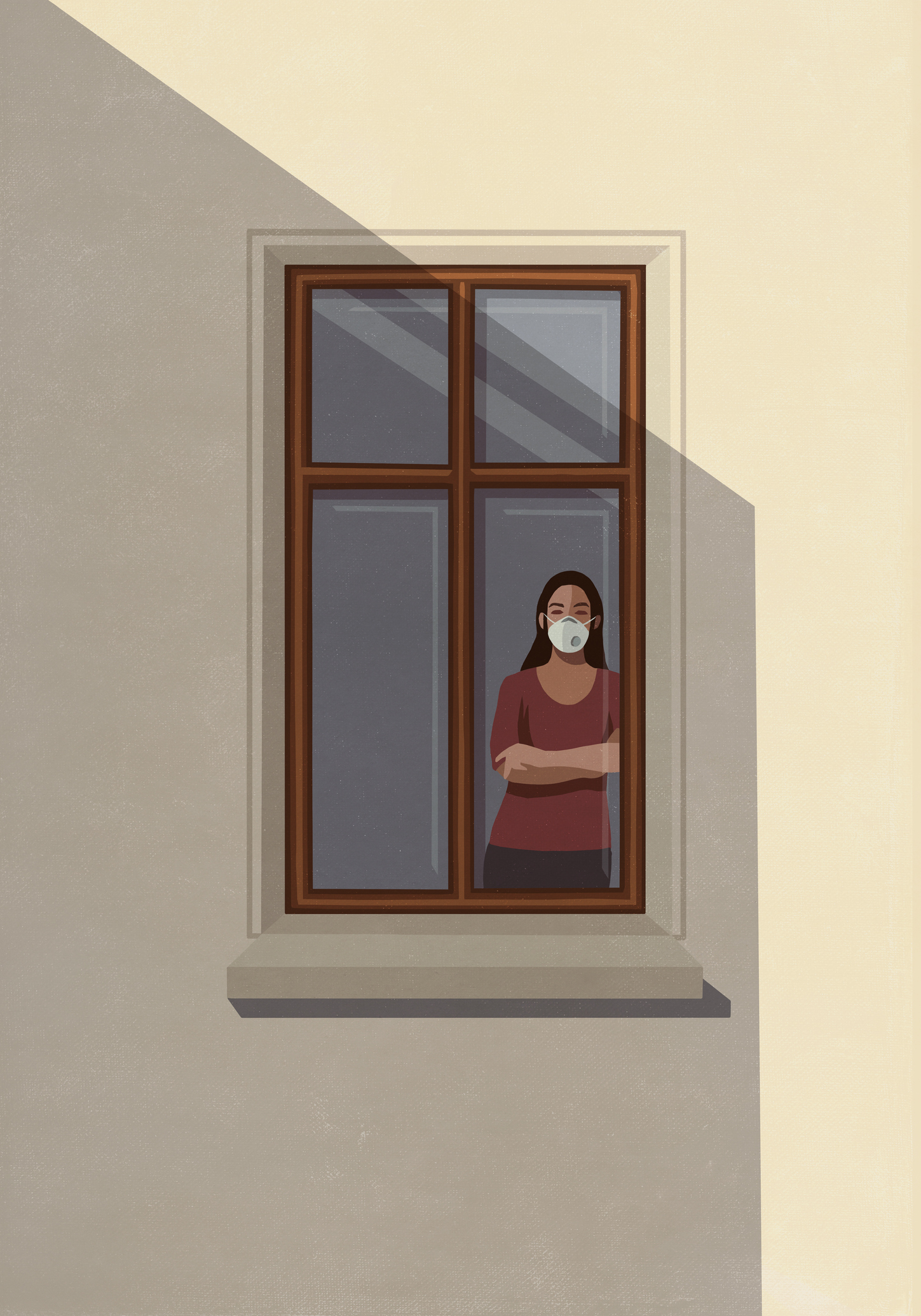Research from the Department of Land Economy suggests that religious people coped better than those without religion during the Covid-19 lockdowns in the UK.
The research, conducted by the Department's Professor Shaun Larcom (Professor of Law, Economics and Institutions) and Dr Po-Wen She (Research Associate), alongside Professor Sriya Iyer from the University's Faculty of Economics, was conducted via analysing survey data from 3,884 people in the UK during the first two national lockdowns.
The lockdowns were found to be associated with a universal increase in levels of recorded unhappiness, however the average increase in feeling miserable for those self-described as belonging to a religion was 29% lower.
The study also suggested that it was not simply the presence of a religion in a person's life which impacted their ability to cope, but also the degree of religiosity.
There was little overall difference between Christians, Muslims, and Hindus - the three largest religious groups in the UK.
Professor Shaun Larcom said of the research,
"Selection biases make the wellbeing effects of religion difficult to study ... People may become religious due to family backgrounds, innate traits, or to cope with new or existing struggles ... However, the Covid-19 pandemic was an extraordinary event affecting everyone at around the same time, so we could gauge the impact of a negative shock to wellbeing right across society. This provided a unique opportunity to measure whether religion was important for how some people deal with a crisis...The study suggests that it is not just being religious, but the intensity of religiosity that is important when coping with a crisis"

